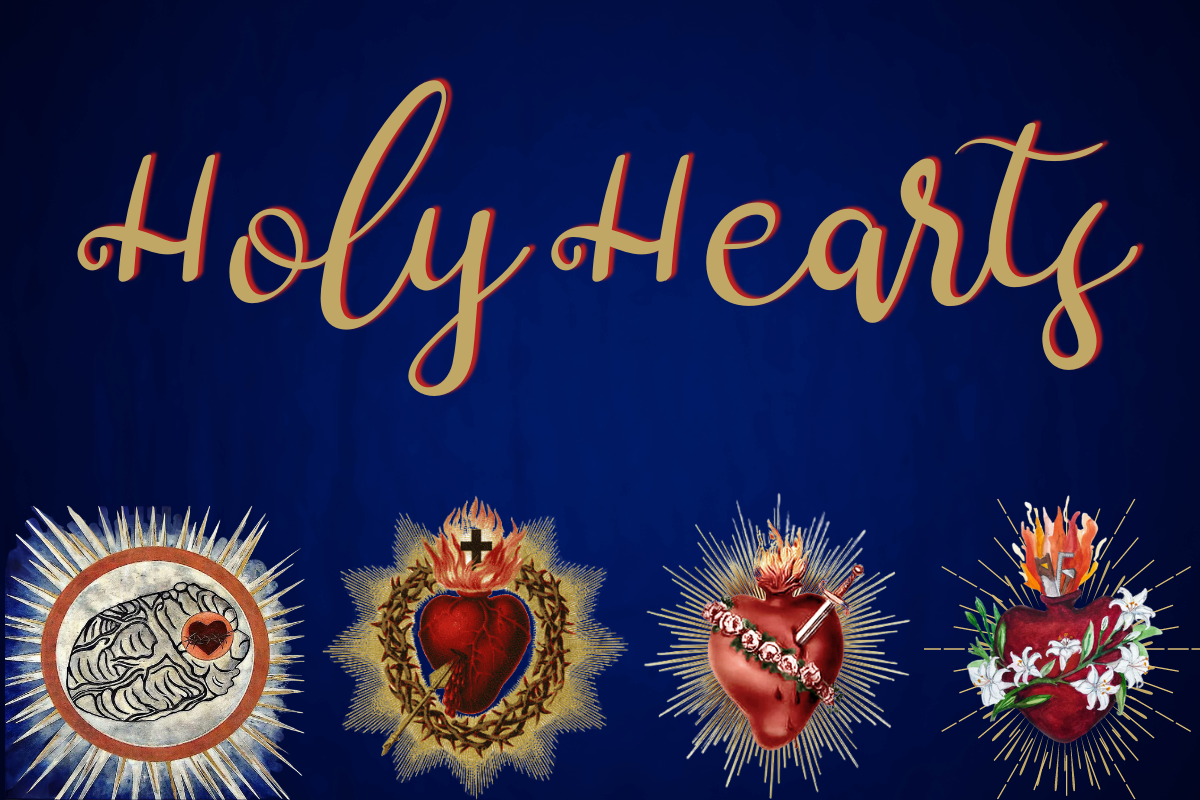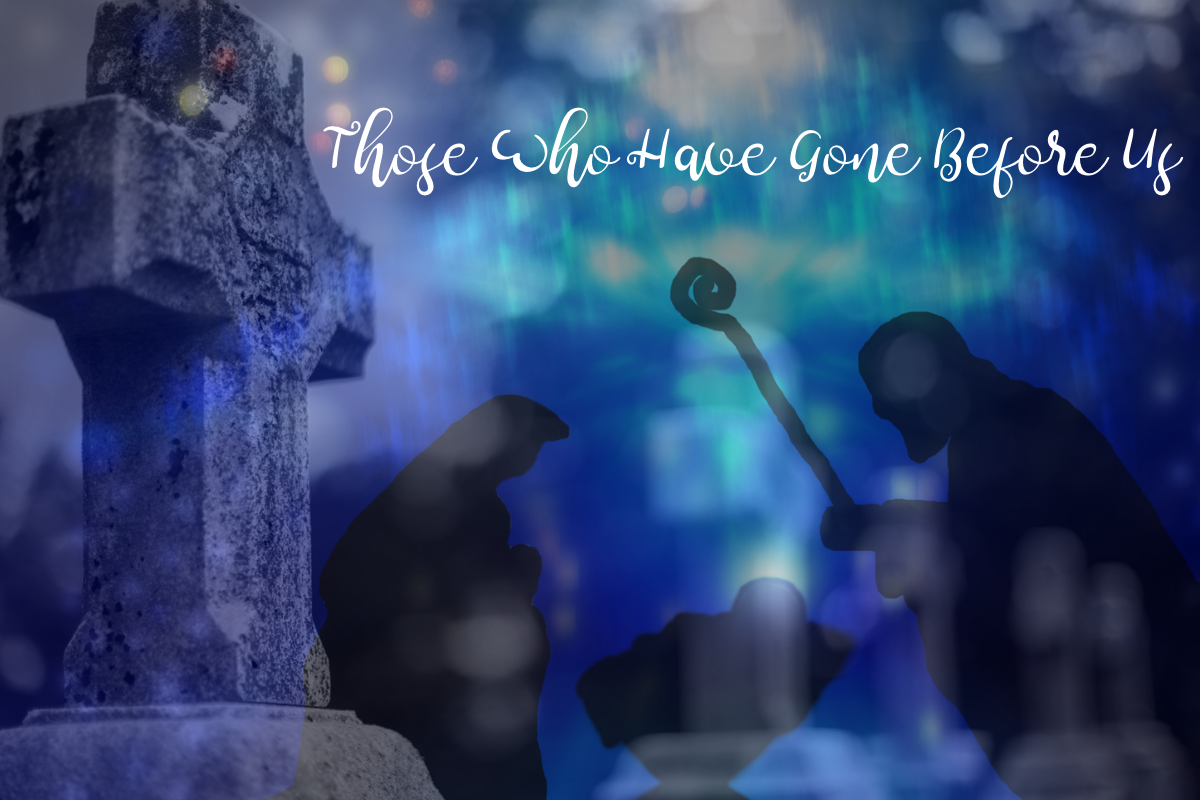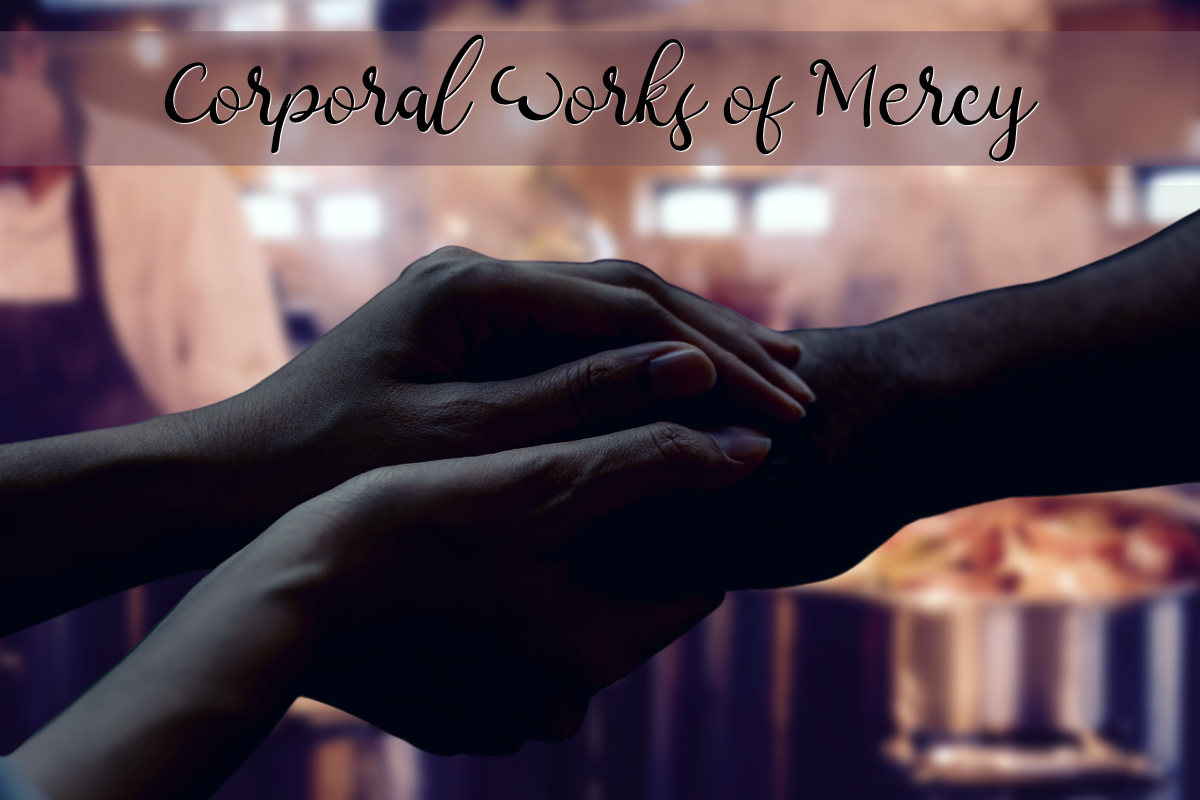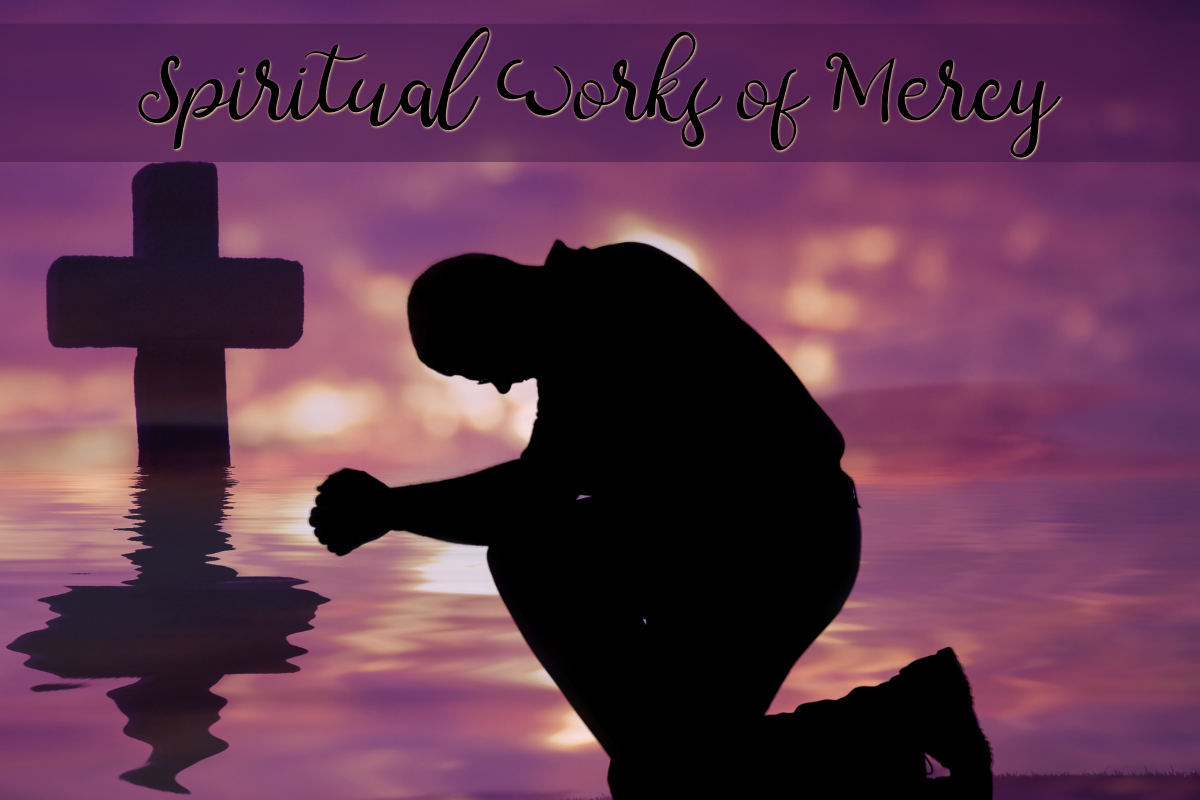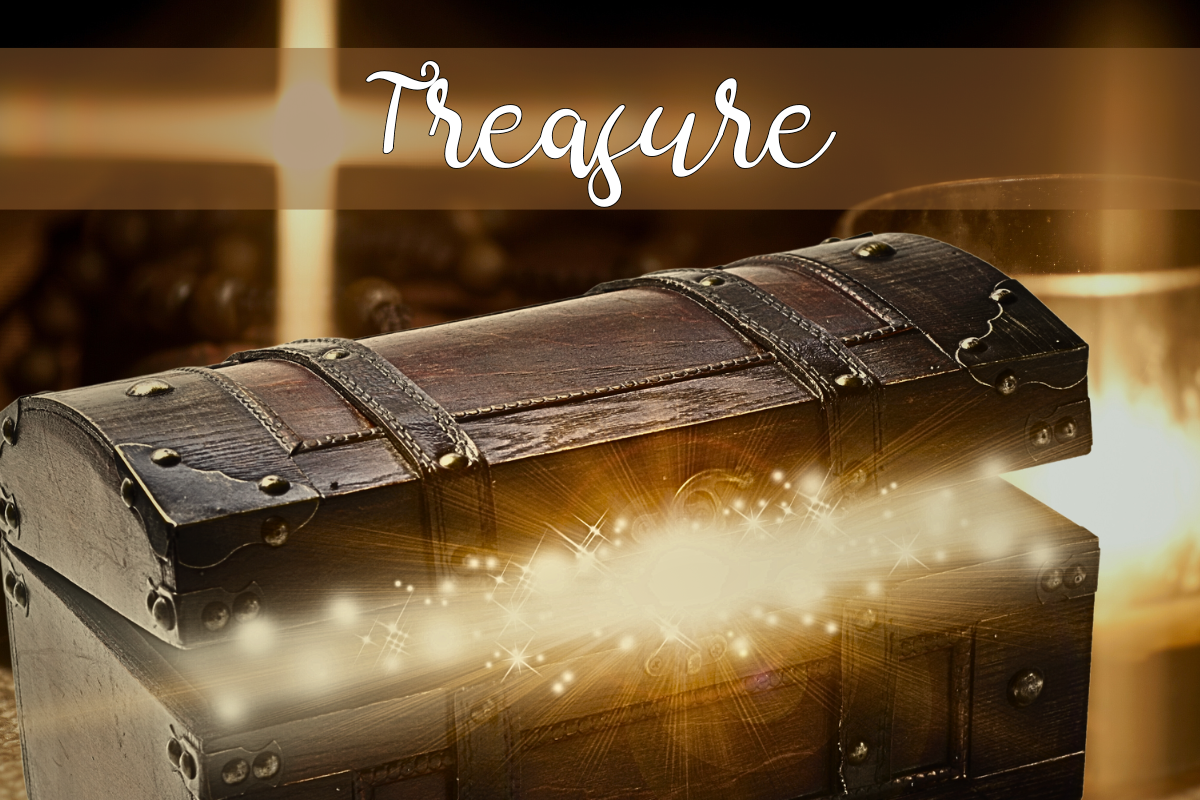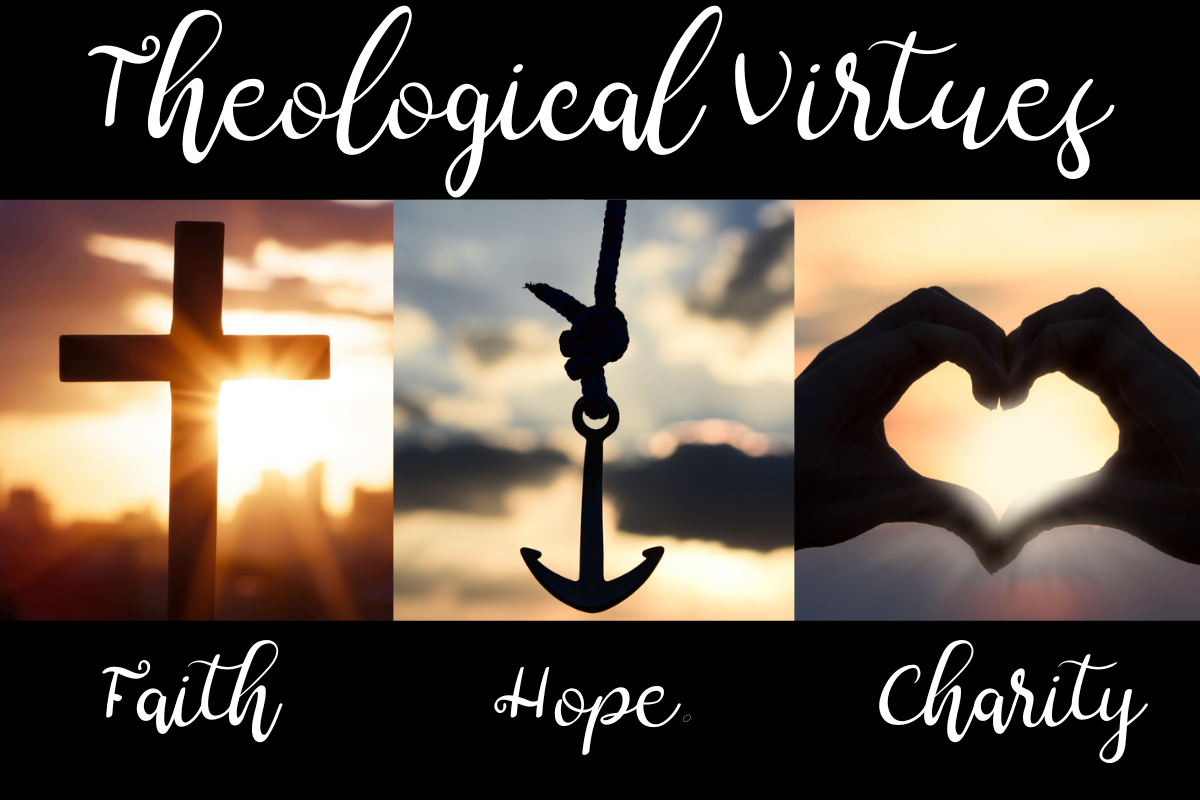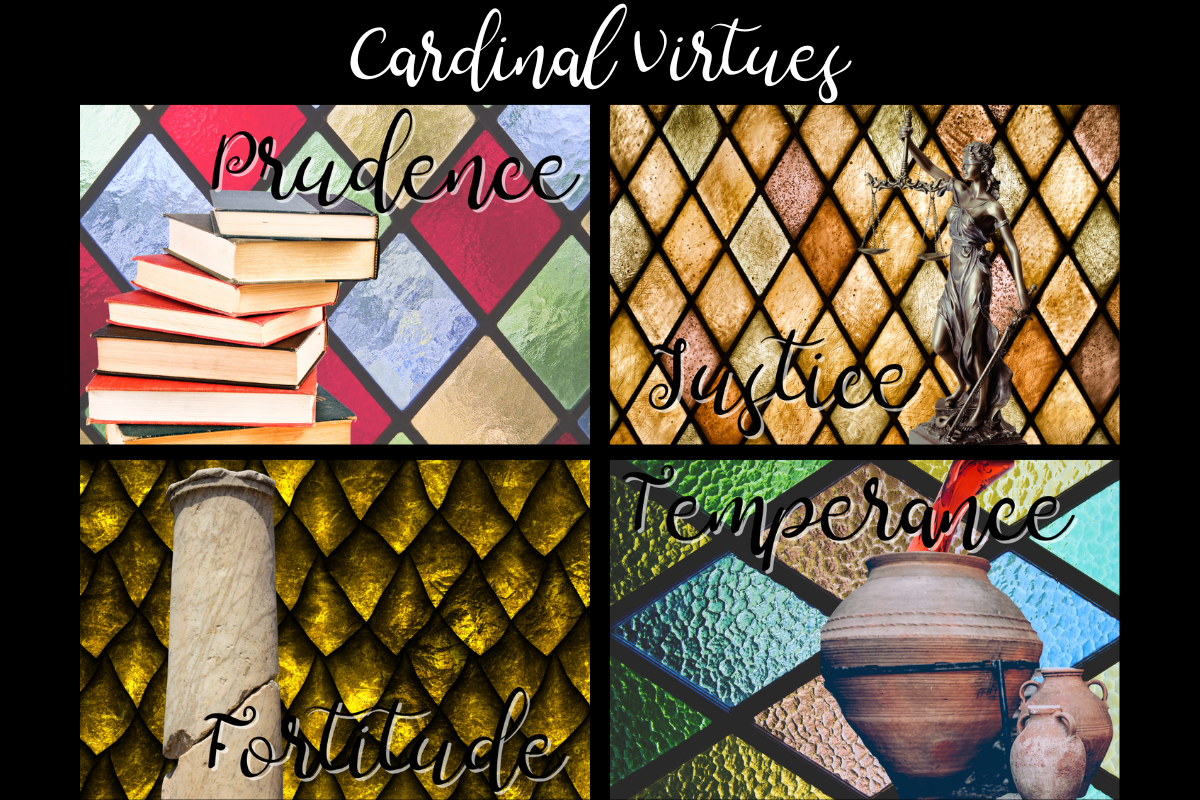Every February, the health and fitness industry celebrates American Heart Month to remind us to examine the physical health of our hearts. As we enter into Lent this month and reflect upon God’s great love for us, it is important to also check the spiritual health of our hearts.
The new year provides us with an opportunity to reflect on our past and envision how we would like to shape our future. When we rely only upon ourselves for improvement, we overlook the one thing that guides us toward true contentment and success. That, of course, is turning toward God to elevate our good works into great works.
We recognize that death can be an end, but it does not have to be the end. For those who have gone before us, our bonds of charity need not be destroyed by death. Through the providential love of God, our connection with the dearly departed is strengthened by the power of intercessory prayer.
Christian stewardship is typically associated with giving time, talent, and treasure in service to God with gratitude for His bounty. Yet full participation as a Christian steward is not simply about what we give but also about how we live.
The corporal works of mercy are seven charitable deeds that address the physical needs of our neighbors and allow us to express our compassion for the marginalized through concrete actions. When we perform the corporal works of mercy, we are transformed into instruments of God’s grace by bringing comfort, healing, hope, and love to those in need.
“Blessed are the merciful, for they will be shown mercy” (Matthew 5:7). Pope Francis explains that “divine mercy shines forth in our lives, inspiring each of us to love our neighbor and to devote ourselves to what the Church’s tradition calls the spiritual and corporal works of mercy.” This month, we will explore the seven spiritual works of mercy that address the needs of our neighbor’s mind, heart, and soul.
Gratitude is our way to demonstrate thankful appreciation for everything in our lives. Adopting an attitude of gratitude promotes happiness and wellbeing. Simply put, we cannot be hateful if we are grateful.
An anonymous author observes: “Money will buy a bed but not sleep, books but not brains, food but not an appetite, finery but not beauty, a house but not a home, medicine but not health, luxuries but not culture, amusement but not happiness, and a crucifix but not a Savior.” Our greatest treasure is found not in our material wealth, but in the richness of our faith in God. While our financial treasure should be used to support our spiritual treasure, the contribution we offer to God is a small token compared with the great blessings He bestows upon us.
In gratitude for all of the talents with which we are blessed, we use those skills to benefit others, to benefit the world, and to benefit God’s eternal Kingdom. “As each one has received a gift, use it to serve one another as good stewards of God’s varied grace” (1 Peter 4:10).
We can’t stop it, we can’t store it, we can’t touch it, and we can’t change it. Time is one of our most precious gifts from God. This month, we explore the stewardship of time. In gratitude for all of time that God freely gives to us, for each of our earthly lives, and for the promise of eternal salvation, we dedicate a portion of our time to God through prayer, sacred studies, and execution of His good works.
Our Christian teaching supplements the four cardinal virtues with the three theological virtues of faith, hope, and charity (or love). These theological virtues elevate and perfect our habits, thus directing us toward the supernatural happiness that can only be achieved by our union with God. Theological virtues are infused in our souls through God’s gift of sanctifying grace.
The cardinal virtues are the four moral virtues thought by ancient philosophers to form all other virtues acquired by human effort and repetition. The concept of these virtues–consisting of prudence, justice, fortitude, and temperance–traces back to Plato. Saint Ambrose later assigned the designation “cardinal,” stemming from the Latin root “cardo” or hinge, to emphasize that on these four qualities hinge the moral life.

